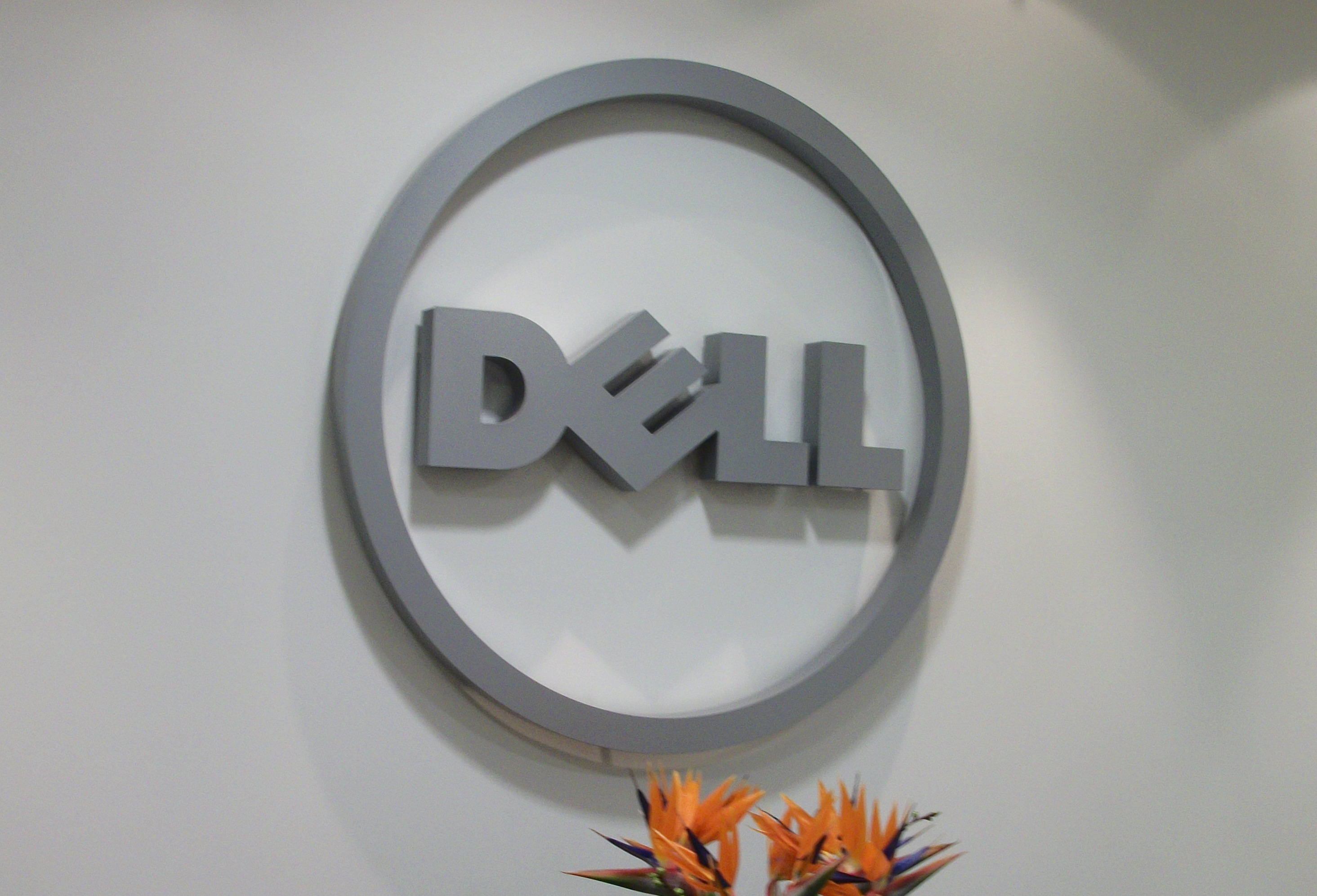

In one of the more surprising announcements at this year’s Consumer Electronics Show (CES) in Las Vegas, Dell has unveiled a portable device codenamed ‘Project Ophelia’ that can transform any TV or monitor into a cloud-enabled computer.
The tiny PC, not much bigger than a USB memory stick, runs Android 4.0, features Wi-Fi and Bluetooth connectivity, and is aimed primarily at the enterprise market.
Project Ophelia was created using technology developed by virtual desktop client specialist Wyse Technology, which was acquired by Dell last year. The device is expected to ship in the first half of 2013.
Imagine you are stuck in a hotel abroad, and don’t have a laptop, tablet or a smartphone. Perhaps you have run out of battery, or left your devices on a train. Perhaps you can’t charge them because of the foreign sockets. This is a typical situation where Project Ophelia will save the day.
A ha
Project Ophelia transforms any compatible screen into a thin client platform ready for work, demos or presentations, while the enterprise-level security is ensured through regular cloud management applications, such as the Dell Wyse Cloud Client Manager. All it requires is a Bluetooth keyboard and a mouse. Besides accessing virtualised desktops, Ophelia is also capable of installing and running native Android apps.
The device doesn’t require additional power, since it can feed from the monitor via an MHL (Mobile High-Definition Link) interface, and contains no batteries.
“People have put things on USB sticks before. There is Android on USB and Windows To Go turns Windows 8 into a thin client, but we are looking at it from the viewpoint of the user. When someone is travelling, they want access to both their personal and corporate information. This is a device that brings it together, and it doesn’t rely on any other platform. You don’t need to find a PC to hijack and turn into a client,” David Angwin, VP for EMEA at Dell Wyse, told TechWeekEurope.
“This, you can just plug into a hotel TV and get productive straight away,” he added.
According to Dell, the device helps manage both work and personal life, and could even be used for gaming and entertainment. Along with the ability to connect to virtualised environments from all leading infrastructure providers, it can give access to cloud-based services like Spotify, YouTube or Facebook, and convert any TV into a Smart TV.
The company plans to offer Project Ophelia to corporate users directly, as well as through cloud access providers, who could load the devices with services before selling them on. Angwin also said that the technology “could potentially appear on the consumer market”, if it attracts enough interest. There is currently no information on pricing.
How well do you know the cloud? Take our quiz!
Deliveries of Telsa's 'bulletproof' Cybertruck are reportedly on hold, amid user complaints side trims are…
New feature reportedly being developed by Apple for iOS 19, that will allow AirPods to…
Binance BNB token rises after WSJ report the Trump family is in talks to secure…
After failed Amazon deal, iRobot warns there is “substantial doubt about the Company's ability to…
Community Notes testing across Facebook, Instagram and Threads to begin next week in US, using…